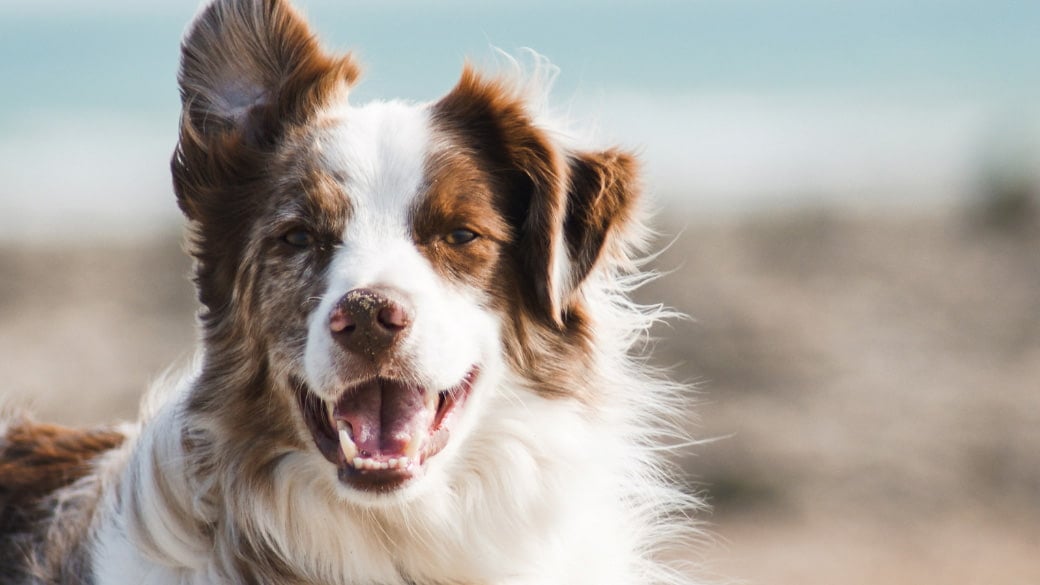
Welcome to our dementia symptom checker
Have you noticed your older dog acting differently? This could be down to a number of reasons, one of which could be dementia (also known as cognitive disfunction). Up to 85% of dementia cases go undiagnosed, so to help you rule this out, take our questionnaire now.
StartDeveloped by CAWEC for Purina. Used with permission.
The following questionnaire is designed to evaluate any changes in the behaviour of your older dog.
It can help to identify whether these changes are likely to be due to a medical condition such as dementia, or simply a normal consequence of ageing.
When answering the questions, please only describe what you have seen in the past six months.
If you cannot answer a question for some reason, please leave it blank.
Next StepDeveloped by CAWEC for Purina. Used with permission.
Developed by CAWEC for Purina. Used with permission.
Are you sure you’d like to retake the questionnaire?
All your progress so far will be lost.

